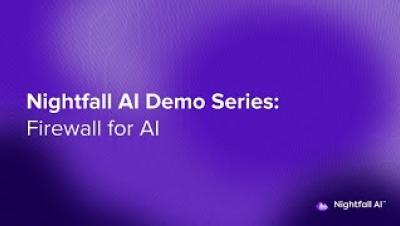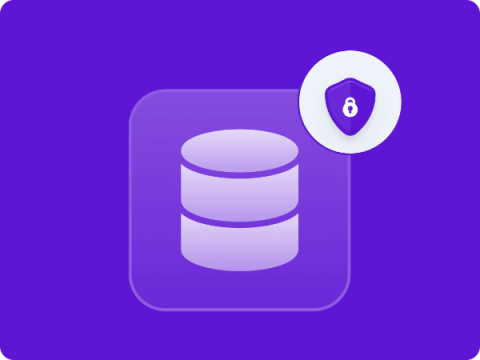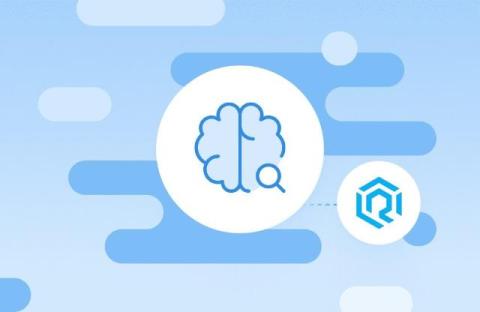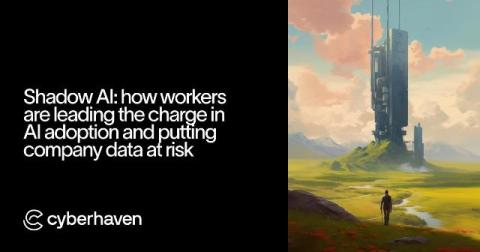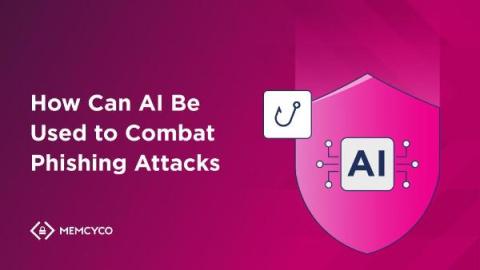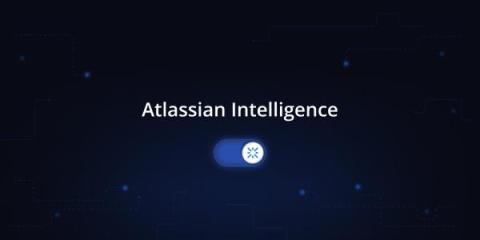Nightfall's Firewall for AI
From customer service chatbots to enterprise search tools, it’s essential to protect your sensitive data while building or using AI. Enter: Nightfall’s Firewall for AI, which connects seamlessly via APIs and SDKs to detect sensitive data exposure in your AI apps and data pipelines. With Nightfall’s Firewall for AI, you can… … intercept prompts containing sensitive data before they’re sent to third-party LLMs or included in your training data.


